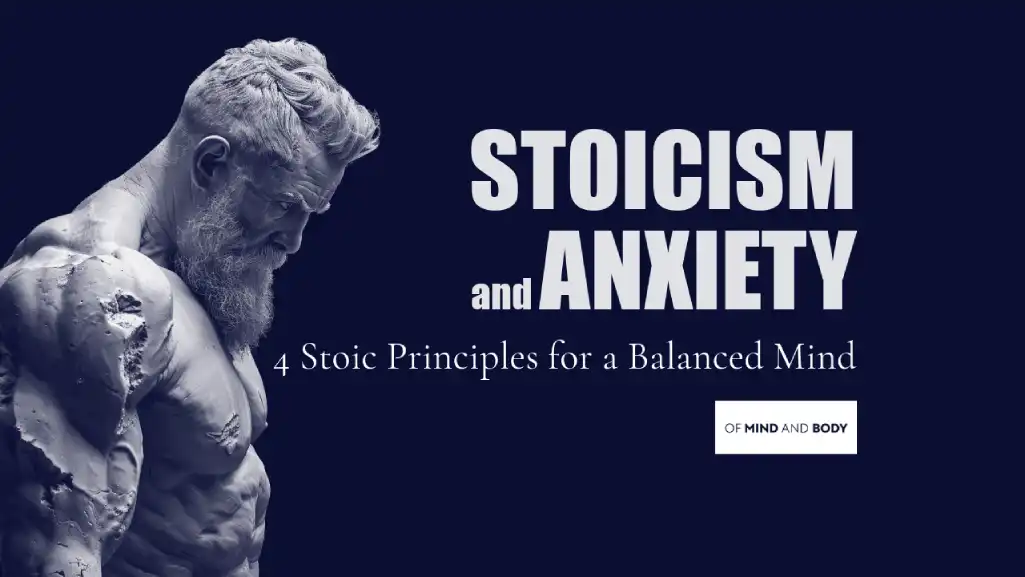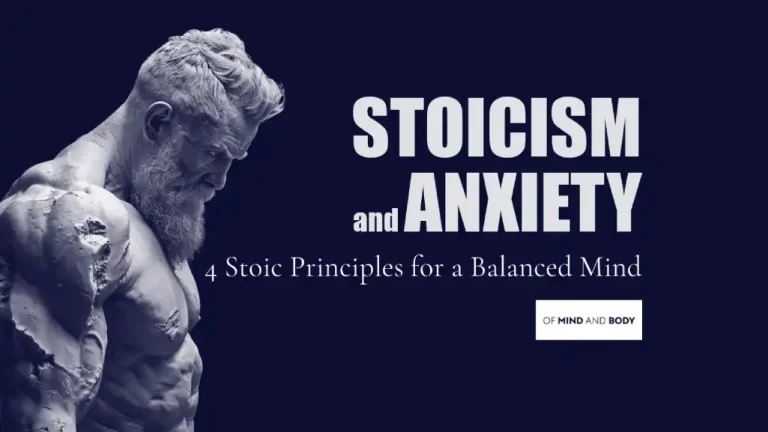
As we now have a deeper understanding of the Dichotomy of Control, we next turn our attention to the four Stoic Virtues.
A cornerstone of this ancient philosophy, the four cardinal virtues – wisdom, courage, justice, and temperance—are the ethical pillars of Stoicism, guiding us in our actions, decisions, and attitudes
Stoic Virtues # 1: Wisdom

In Stoicism, wisdom is more than just knowledge—it’s the ability to navigate life effectively, to make good decisions, and to understand the nature of things. It’s about discerning what’s within our control and what’s not, and acting accordingly. Wisdom allows us to see things as they truly are, free from biases and misconceptions.
Wisdom is applied in our daily lives through discernment, discretion, and good judgement. It’s about understanding the consequences of our actions, learning from our mistakes, and striving to do better. As Seneca wrote, “True wisdom consists in not departing from nature and in moulding our conduct according to her laws and model.”
Stoic Virtues # 2: Courage

In the realm of Stoicism, courage extends beyond physical bravery—it encompasses moral fortitude. It’s about standing firm for what’s right, weathering adversity with resilience, and remaining steadfast to our values, even when the going gets tough.
Courage is about confronting our fears, welcoming challenges, and daring to step beyond our comfort zone. It’s about having the audacity to accept change, to face our own imperfections, and to relentlessly pursue personal growth. It shines through when we uphold our beliefs, face our fears head-on, and persist in the face of adversity.
Stoic Virtues # 3: Justice

Justice, from a Stoic perspective, is a blend of fairness, kindness, and acknowledging the dignity of others. It’s about treating others with respect, acting with integrity, and contributing to the common good.
Justice serves as our compass in our interactions with others, reminding us of our social responsibilities. It’s reflected in our actions when we treat others equitably, when we stand firm against injustice, and when we strive to make a positive impact on our community. As Marcus Aurelius wisely noted, “What is not good for the swarm is not good for the bee.”
Stoic Virtues # 4: Temperance

Temperance, the last of the four virtues, is the practice of self-restraint and moderation. It’s about finding the middle ground, avoiding excess, and maintaining balance in all aspects of life. Temperance helps us manage our desires, impulses, and emotions, leading to inner peace and harmony.
Temperance is practised when we manage our desires, when we avoid excess, and when we strive for balance. It’s about enjoying the pleasures of life without becoming enslaved by them, and managing our emotions without suppressing them.
The Interplay of the Virtues
In Stoicism, these four virtues do not exist in isolation—they interplay and complement each other. Wisdom guides us in discerning what’s right, courage enables us to act on it, justice ensures our actions align with fairness and respect for others, and temperance maintains the balance, ensuring we don’t go to extremes.
The virtues are like the four points of a compass, guiding us towards a life of virtue and fulfilment. They remind us that the good life—the eudaimonic life, as the Stoics would say—is not about external achievements or possessions, but about who we are and how we live.
Conclusion
The four stoic virtues—wisdom, courage, justice, and temperance—are the ethical bedrock of Stoicism. They guide us in our actions, shape our character, and lead us towards a fulfilling life. As we navigate life’s complexities, these virtues serve as our moral compass, guiding us towards right action and inner peace.
In our next exploration, we’ll delve into the Stoic perspective on emotions—a topic that often raises questions and misconceptions.
We’ll explore how Stoics view emotions and how they handle them, offering insights that can help us manage our own emotional landscape.
I hope this exploration of the Stoic virtues has provided you with deeper insights into Stoicism. As we continue our journey, remember that Stoicism is not just about understanding—it’s about living. Let’s strive to embody these virtues in our daily lives.













3 responses